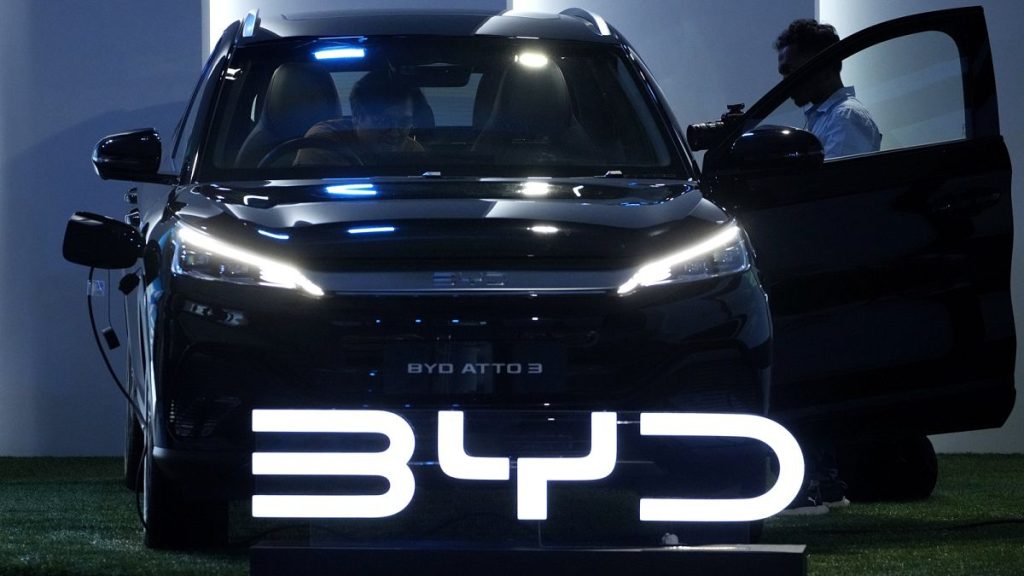The European Commission has announced that China-made electric vehicles will face additional tariffs when entering the EU market due to the distortive subsidies provided by the Chinese government to battery electric vehicles (BEVs). The tariffs range from 17.4% to 38.1% for various manufacturers, with those who cooperated in the investigation facing lower duties. The implementation of these tariffs aims to level the playing field and address the unfair practices of Chinese producers. The Commission’s findings highlight the urgent need for action to prevent Chinese BEVs from dominating the EU market.
During the investigation, it was found that subsidies were widespread in China’s BEV sector, with public funds supporting various stages of the production process from raw materials to manufacturing. Over 100 companies were involved, with subsidies benefiting both Chinese and Western firms operating in China. The investigation included on-the-ground verifications and information gathering from selected producers, leading to the decision to impose tariffs based on the extent of subsidies received. Not all companies cooperated with the investigation, resulting in varying tariff rates based on their level of engagement.
The EU industry faces potential economic losses due to the influx of China-made BEVs, which have rapidly gained market share in a short period of time. Chinese producers’ market share increased from 1.9% to 8.8% in the third quarter of 2023, with projections indicating a rise to 17% by 2025. This growth poses a threat to EU producers and their ability to compete in the transition to electric vehicles. The increase in imports has already started impacting profit margins and could hinder the EU’s efforts to shift to electric vehicles as required by legislation.
The investigation revealed that subsidies in the Chinese BEV sector were extensive and benefited producers at all levels, including raw material suppliers, battery manufacturers, and car producers. The subsidies ranged from preferential lending and tax reductions to direct grants and cheap land, creating an uneven competitive landscape. The EU Commission’s decision to impose tariffs is aimed at rectifying this imbalance and preventing further economic harm to European car manufacturers. The imposition of tariffs is seen as necessary to protect the EU industry from unfair competition and to ensure a level playing field.
The Commission’s decision to impose tariffs is based on the need to address the immediate threat posed by Chinese BEVs to the EU industry. The influx of China-made electric vehicles has already impacted market dynamics and may lead to further damage if left unchecked. By levying tariffs on Chinese producers, the EU aims to prevent further economic harm and safeguard the competitiveness of European car manufacturers in the electric vehicle market. The proposed tariffs are part of a larger strategy to address unfair practices and enforce trade rules to protect EU industries.
The Commission’s findings indicate a clear need for action to protect the EU industry from the impact of Chinese subsidies on the electric vehicle market. By imposing tariffs on China-made BEVs, the EU aims to address the distortive effects of subsidies and prevent further damage to European car manufacturers. The tariffs are intended to create a level playing field and ensure fair competition in the EU market. The Commission’s decision reflects a commitment to enforcing trade rules and safeguarding the interests of European industries against unfair practices.


